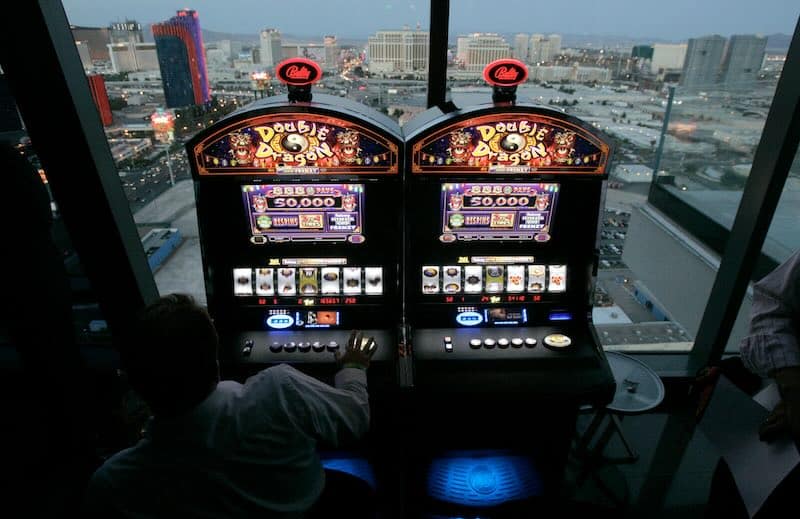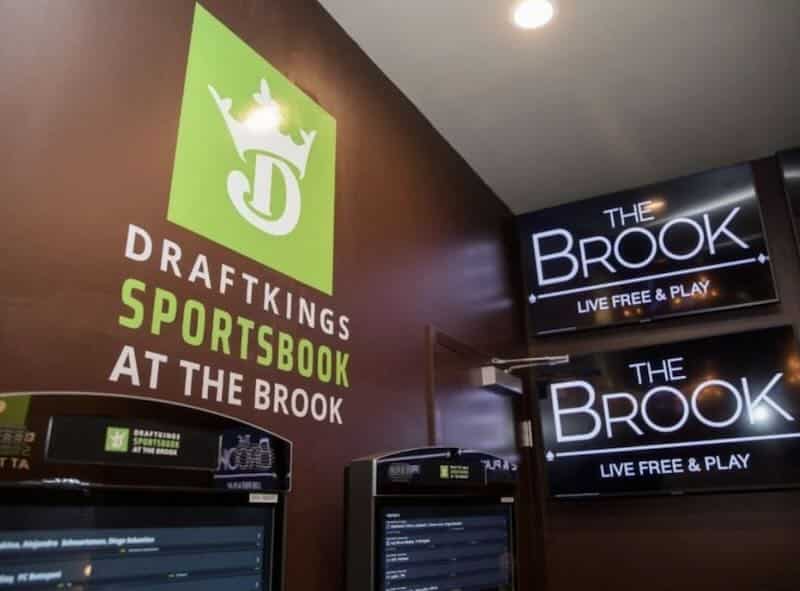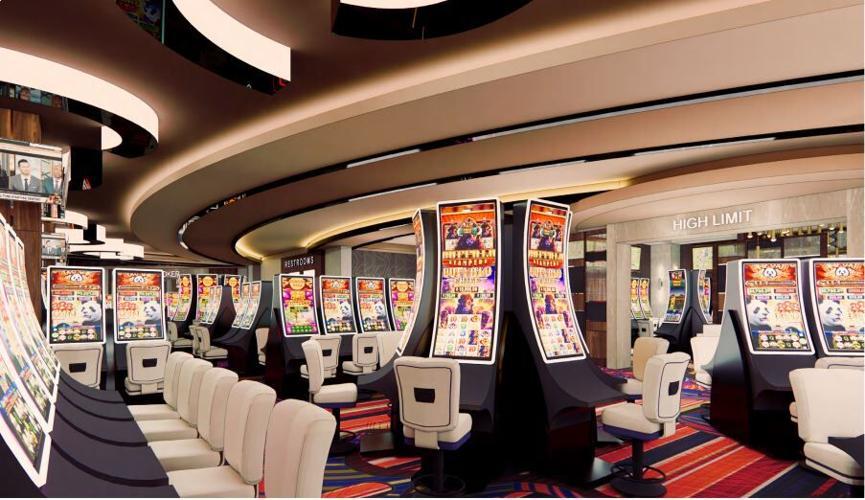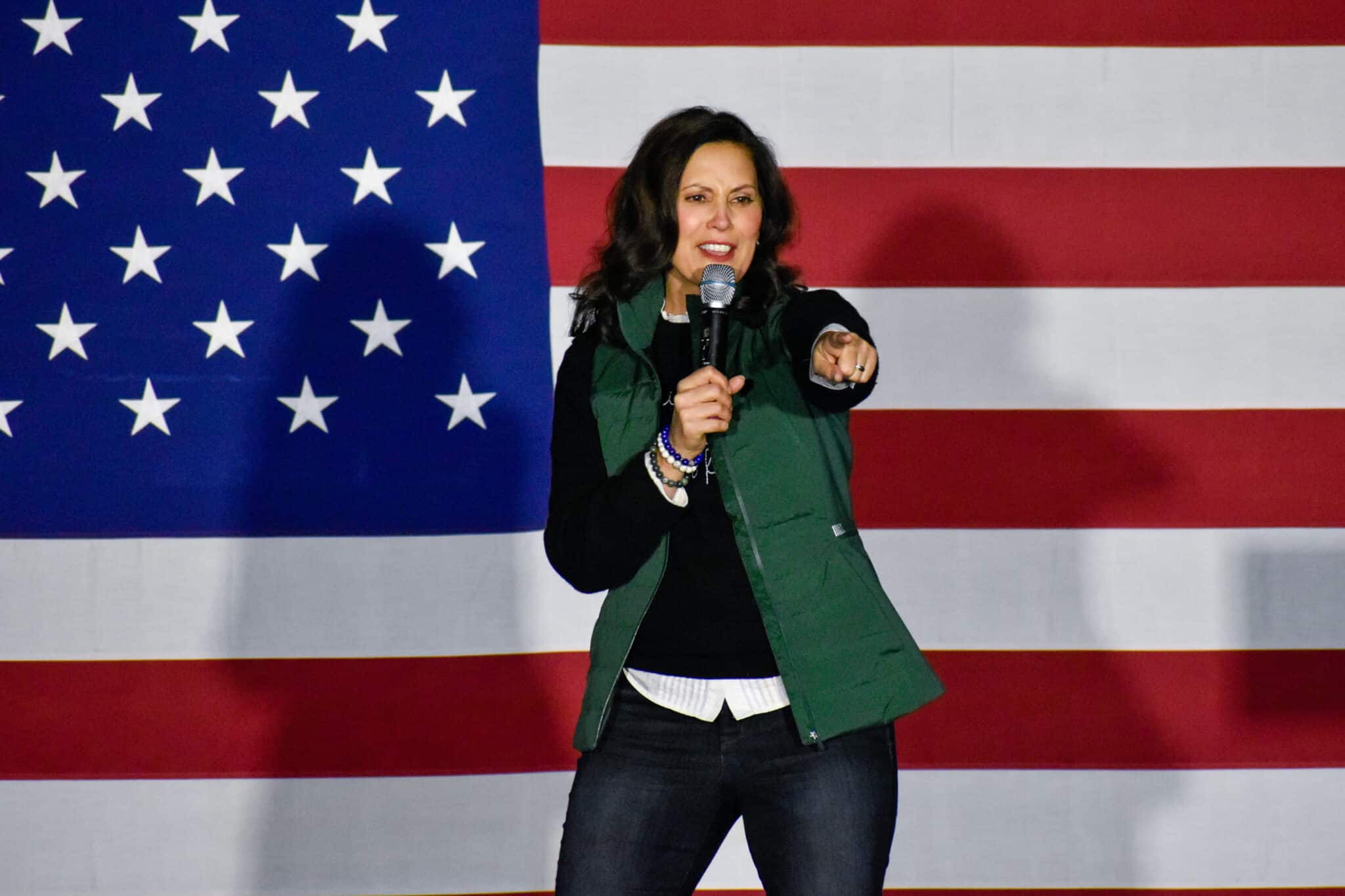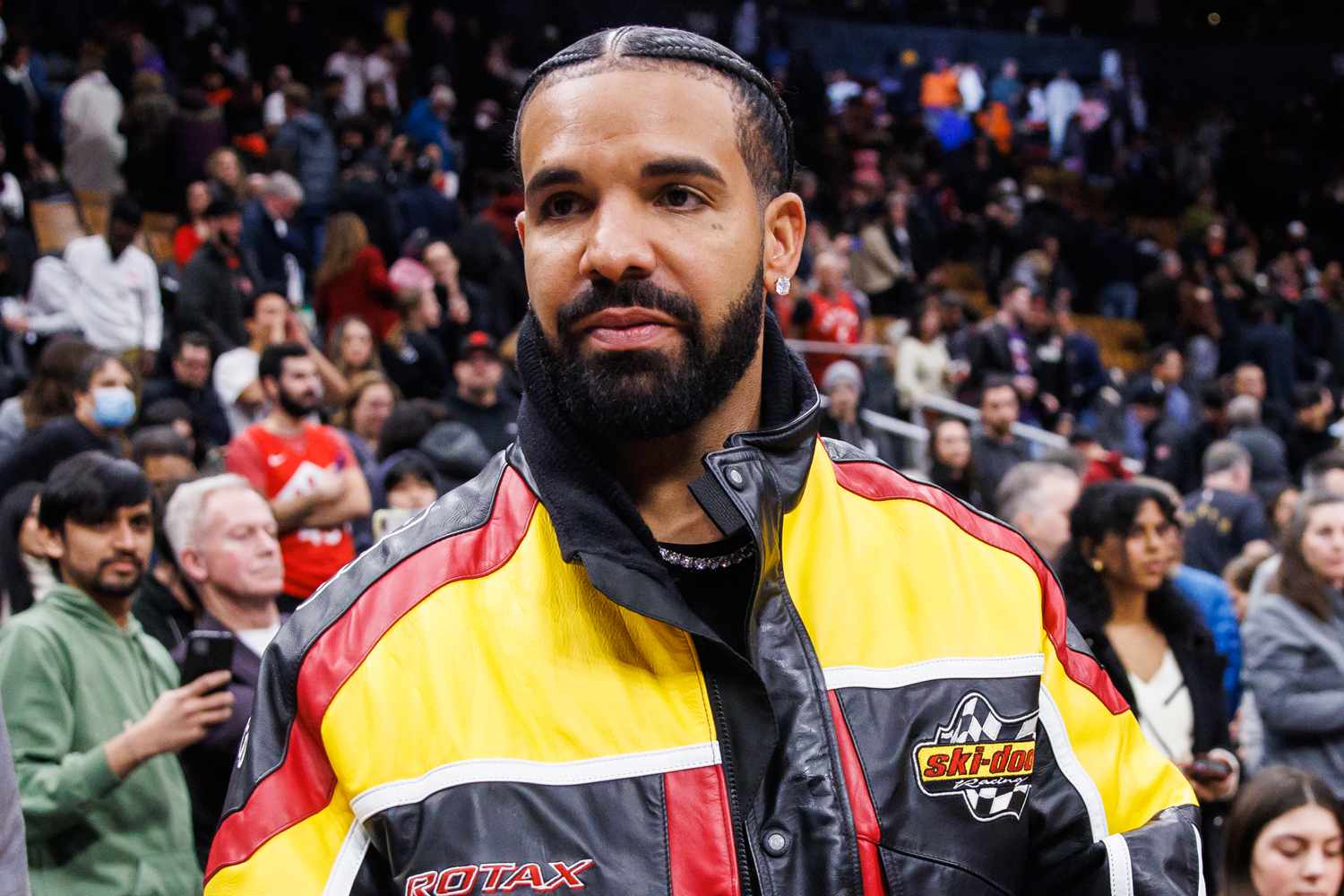
New York City Mayor proposes new zones for potential casino development
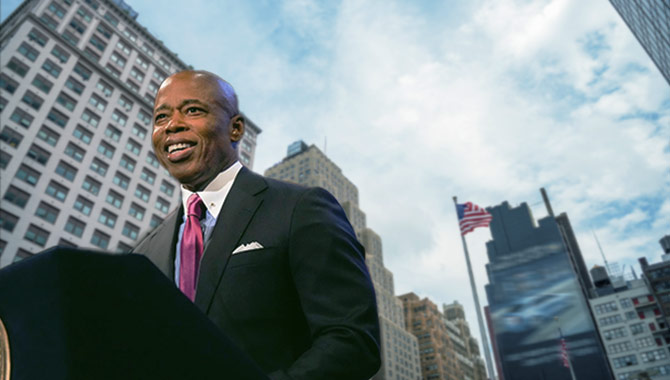
The amendment includes eight particular districts across all five boroughs and aims to ‘level the playing field’ for competing casino bids.
New York City Mayor Eric Adams and his administration have proposed new casino zoning rules that would allow for more potential gaming venues. Currently, casino operators are bidding for three available casino licenses in the Downstate New York area; this change would allow more.
The Adams administration proposes permitting casinos within manufacturing districts and some commercial areas, without outlining any restrictions for the properties’ sizes. Any interested company could also use the size of their development to include a hotel, restaurants, bars, theatres, affordable housing or other planned amenities.
Dan Garodnick, Head of the Department of City Planning and the City Planning Commission, commented, “As the state considers proposals for casinos downstate, it’s important that we create a level playing field for applicants within New York City so they can compete for this opportunity.
“This text amendment would avoid duplicating the state’s rigorous licensing process… while setting up a rational framework for consideration within our zoning.”
According to local reports, the Adams administration views the proposed changes as a way to smoothen the regulatory process by making the city a more competitive option for licenses. There are eight specific zoning districts proposed that could also allow casinos, including areas in Queens, Brooklyn, Manhattan, The Bronx and Staten Island.
Current casino proposals have been made for: Times Square (Caesars/Roc Nation), Hudson Yards (Wynn/Related), the United Nations area (Mohegan/Soloviev Group), Coney Island (Chickasaw Nation/Saratoga Casino Holdings), Citi Field (Mets owner, Steve Cohen) the golf course at Ferry Point Park (Bally’s) and the Nassau Coliseum site (Sands) — the only bid outside New York City proper, on Long Island.
The Borough Presidents and Borough Boards, as well as local community boards, must approve the re-zoning proposals, then receive approvals from the City Planning Commission, City Council and Mayor. Currently, casino bids must also receive approval from their communities and more than one has already seen opposition, which could worsen the chance of receiving a Gaming Commission license.
Tags/Keywords
Players trust our reporting due to our commitment to unbiased and professional evaluations of the iGaming sector. We track hundreds of platforms and industry updates daily to ensure our news feed and leaderboards reflect the most recent market shifts. With nearly two decades of experience within iGaming, our team provides a wealth of expert knowledge. This long-standing expertise enables us to deliver thorough, reliable news and guidance to our readers.
